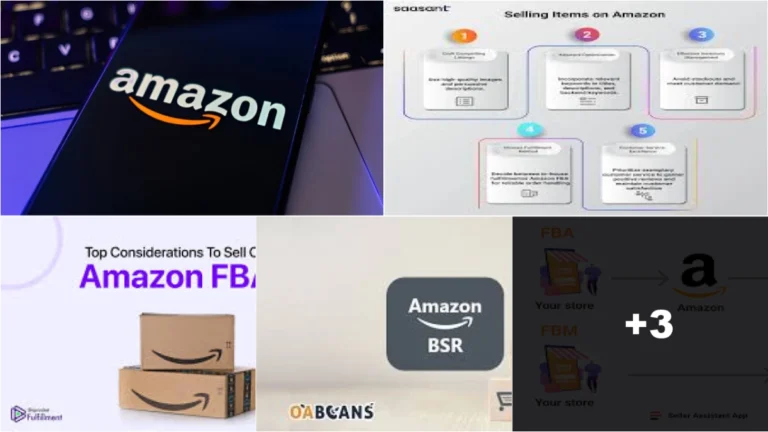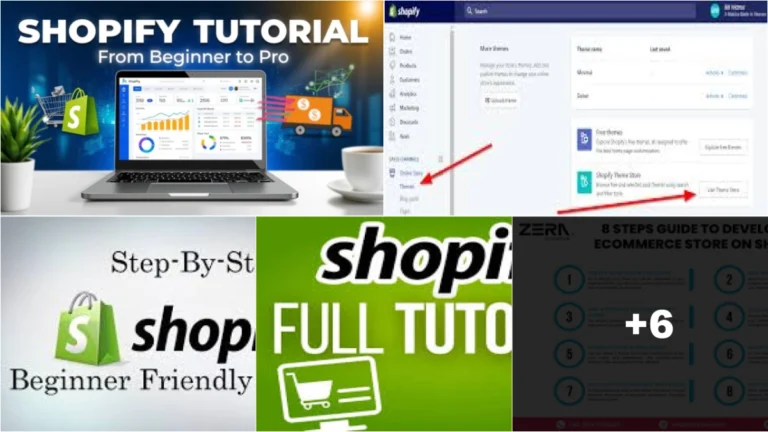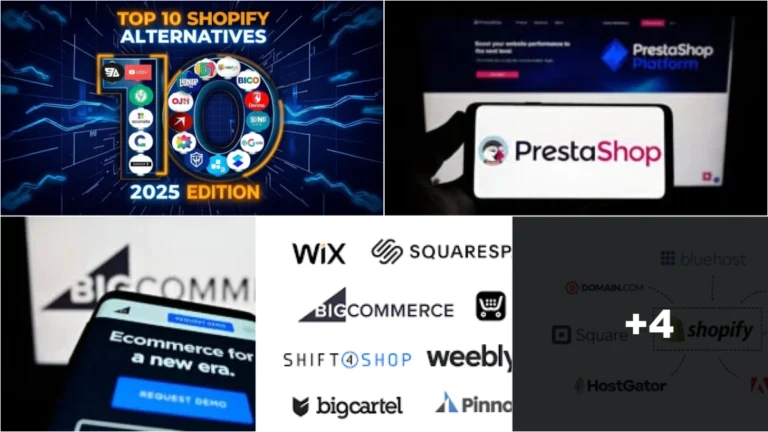If I Had to Start Affiliate Marketing Again in 2025 With Just $50
Starting affiliate marketing with just $50 in 2025 might seem daunting, but it’s absolutely doable. Here’s a detailed step-by-step guide to kick off that journey.
First, the most crucial step is selecting a niche. Choosing a niche that resonates personally makes the journey more enjoyable and sustainable. Whether it’s fitness, tech gadgets, eco-friendly products, or even something like travel, passion fuels persistence. Research trends using tools like Google Trends or social media hashtags to find what’s hot. Look for niches that not only interest you but also have a potential audience. A well-defined niche can make it easier to target specific groups and tailor content to their needs.
Next, it’s time to find affiliate programs. Platforms like Amazon Associates, ShareASale, and ClickBank offer a variety of products to promote. Look for programs that align with the chosen niche. Signing up is usually free, but some may require a small fee. With a $50 budget, focus on free programs initially. It’s essential to read the terms and conditions of each program to understand commission structures and payment methods.

Now, let’s talk about building an online presence. A website or blog is essential for affiliate marketing. Platforms like WordPress or Wix offer free options to get started. Invest in a domain name for around $10 to establish credibility. A unique domain name can help in branding and makes the site look professional. Use the remaining budget for hosting, which can often be found for as little as $3 to $5 a month. Many hosting services offer promotional rates for the first year, making it affordable to get started.
Content is king in the affiliate marketing world. Start creating valuable content that addresses the audience’s needs. Write blog posts, create videos, or even start a podcast. The goal is to provide solutions and build trust. Engaging content encourages visitors to click on affiliate links. Focus on creating how-to guides, product reviews, and comparison articles that can help potential buyers make informed decisions. Consistency in posting is crucial; aim for at least one piece of content per week to keep the audience engaged.
Social media is another powerful tool. Platforms like Instagram, TikTok, and Pinterest can drive traffic without spending a dime. Create engaging posts that showcase products, share tips, or tell personal stories related to the niche. Use relevant hashtags to reach a wider audience. Engaging with followers through comments and direct messages can also build a loyal community. Consider joining niche-specific groups on Facebook or Reddit to share insights and promote content organically.

Networking is vital in the affiliate marketing space. Join online communities or forums related to the niche. Engage with others, share insights, and learn from experienced marketers. Building relationships can lead to collaboration opportunities and valuable advice. Attend webinars or virtual conferences to connect with industry leaders and fellow marketers. Networking can open doors to guest posting opportunities, joint ventures, and mentorship.
Email marketing is a game-changer. Start building an email list from day one. Offer a freebie, like an e-book, checklist, or exclusive content, in exchange for email sign-ups. Use free tools like Mailchimp or MailerLite to manage the list. Regularly send valuable content and include affiliate links to drive conversions. Personalizing emails can significantly increase engagement, so consider segmenting the list based on interests or behaviors.

As the affiliate marketing journey progresses, tracking performance becomes essential. Use analytics tools to monitor which products or strategies are working. Google Analytics can provide insights into website traffic, while affiliate dashboards often show clicks and conversions. Adjust the approach based on data. If a specific product isn’t converting, it might be time to try something new or tweak the marketing strategy. A/B testing different headlines, images, or calls to action can reveal what resonates best with the audience.
Investing in learning is crucial for long-term success. There are countless free resources available online, from blogs to YouTube channels, offering tips and strategies for affiliate marketing. Consider allocating a portion of the budget for a course or e-book that provides in-depth knowledge. Learning about SEO, content marketing, and social media strategies can significantly enhance effectiveness in driving traffic and conversions.
As the business grows, reinvest profits wisely. Upgrade the website, invest in paid advertising, or explore premium affiliate programs. The goal is to scale the business gradually, ensuring sustainable growth. Consider using a portion of the profits for tools that can automate social media posting or email marketing, freeing up time for content creation.
Consistency is key. Success in affiliate marketing doesn’t happen overnight. It requires dedication, patience, and a willingness to adapt. Keep creating content, engaging with the audience, and refining strategies. Celebrate small wins along the way to stay motivated.
In conclusion, starting affiliate marketing with just $50 in 2025 is entirely feasible. By selecting a niche, finding affiliate programs, building an online presence, creating valuable content, leveraging social media, networking, and investing in learning, success is within reach. With persistence and creativity, that initial investment can grow into a thriving affiliate marketing business.
So, gear up and start the journey! The world of affiliate marketing awaits, and with the right approach, it can be an exciting and profitable adventure.ng to start and scale an affiliate business with minimal investment in 2025.
At Online Work by MedLife Guide, our content comes from a team of real experts. We have digital marketers, e-commerce specialists, affiliate strategists, SEO analysts, and tech-savvy freelancers. Each member has years of real-world experience in making money online.
We cover topics like Amazon selling, Shopify store building, social media monetization, and dropshipping. Every subject is backed by those who have tested and experienced success and failure. We don’t just write about earning online we live it every day.
Our goal is to share practical, proven strategies, not just theories. With team members worldwide, we offer diverse perspectives and fresh insights to help our readers succeed in real, sustainable ways. We’re dedicated to transparency and honesty, because your trust matters.







